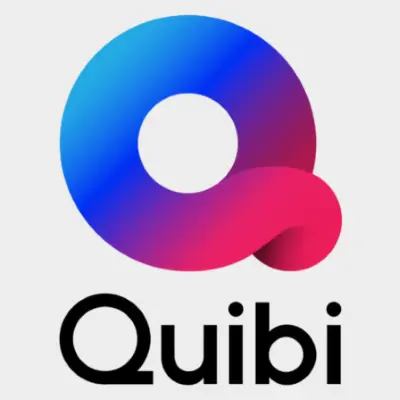Inside Quibi's disastrous launch: Founder Jeffrey Katzenberg claimed to "know millennials better than millennials"
-

In an exhaustive profile of Quibi, Benjamin Wallace points out that founder Jeffrey Katzenberg and CEO Meg Whitman may have been ill-equipped for the shortform streaming service they envisioned, despite surrounding themselves with young people and signing on a slew of big names. As one former Quibi employee says of Katzenberg, “there was an incredible lack of knowledge of the audience and dismissiveness of the audience. A thing Jeffrey always says is ‘I’m not a child or mother, but I made movies children and mothers loved. I know millennials better than millennials.’" Wallace adds of Katzenberg: "His gut extended to notes on specific scenes in scripted shows, interviews in documentaries, and talent appearances on news shows. Some welcomed them even if they disagreed...Others found his opinions annoying and unnecessary — for Daily Essentials, he had to repeatedly be talked out of his conviction that hosts and anchors should appear sitting down, the men wearing ties — or faulted him for an inability to truly listen." As a producer who worked with Quibi says: “That’s a microcosm of the Quibi story. 'Everyone else is f*cking wrong; I’m just going to do it.’ He willed it into being.” Wallace also suggested that Katzenberg and Whitman may be out of touch to lead a company with Quibi's goals. "People have wondered why Katzenberg and Whitman, in their late and early 60s, respectively, and not very active on social media, would believe they have uniquely penetrating insight into the unacknowledged desires of young people," says Wallace. "When I ask Whitman what TV shows she watches, she responds, 'I’m not sure I’d classify myself as an entertainment enthusiast.' But any particular shows she likes? Grant, she offered. 'On the History Channel. It’s about President Grant.' Katzenberg is on his phone all the time, but he is also among the moguls of his generation who have their emails printed out (and vertically folded, for some reason) by an assistant. In enthusing about what a show could mean for Quibi, Katzenberg would repeatedly invoke the same handful of musty touchstones — America’s Funniest Home Videos, Siskel and Ebert, and Jane Fonda’s exercise tapes. When Gal Gadot came to the offices and delivered an impassioned speech about wanting to elevate the voices of girls and women, Katzenberg wondered aloud whether she might become the new Jane Fonda and do a workout series for Quibi. ('Apparently, her face fell,' says a person briefed on the meeting.)" Wallace also reports that Quibi has been having trouble getting its brand across. "In market research following its Oscars and Super Bowl ads, 70 percent of respondents said they thought Quibi was a food-delivery service, according to two people separately briefed on the research. (A Quibi executive denies this account.)," reports Wallace. Another problem is Quibi signing up many A-list names and getting their B-material that has been rejected elsewhere. “If we have a show that’s going to be a huge hit, you pitch to Netflix, HBO,” says a producer with a project at Quibi. “If it doesn’t get traction, you pitch to Quibi.” In fact, many of the shows Quibi picked up had been widely shopped elsewhere beforehand.
TOPICS: Quibi, Jeffrey Katzenberg, Meg Whitman, Millennials
